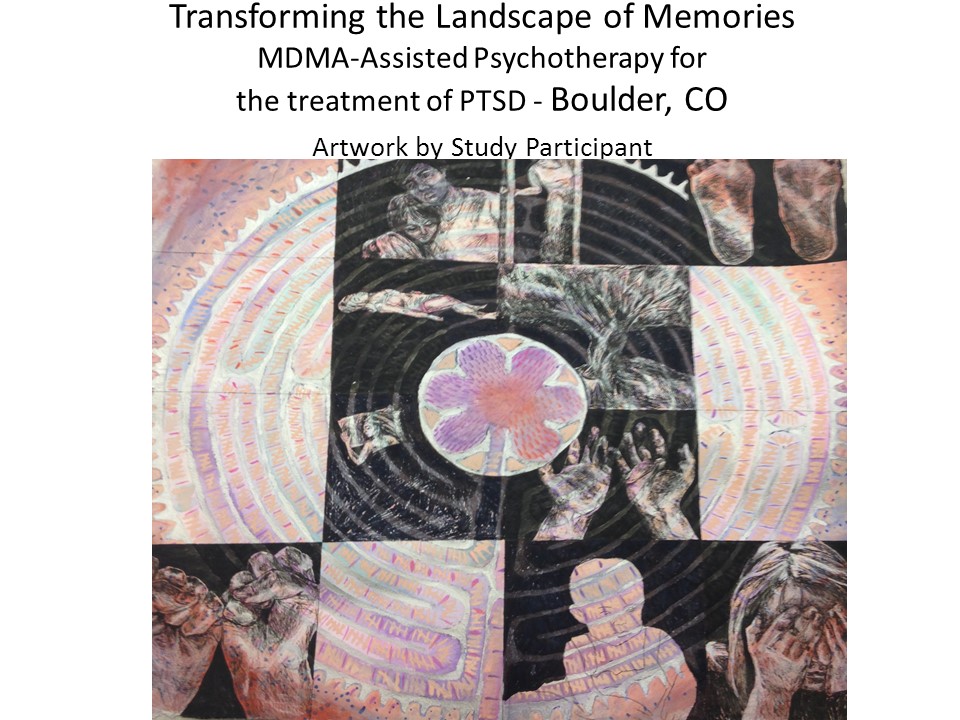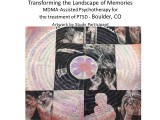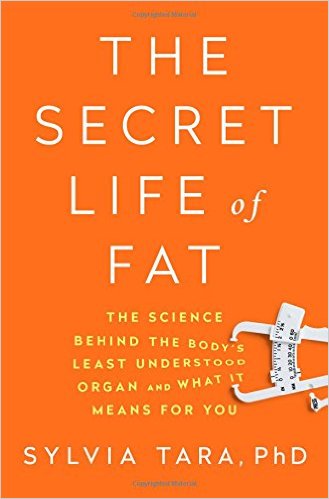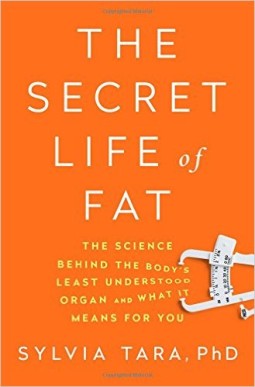The Long Now Foundation in Colorado (start time 5:02): People often measure “success” as fifteen minutes of fame, or a blockbuster financial quarter. This focus on short term results doesn’t always build the skills needed to solve long-term problems, such as reducing disease outbreaks or maintaining species diversity. So some visionaries have created a playfully serious way to think ahead, and those “ways” include projects here in Colorado. Shelley Schlender tells us about the Long Now Foundation who are developing programs to foster long term responsibility and long term thinking.
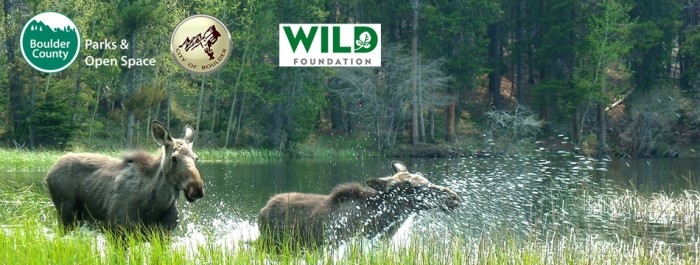
Wild Boulder (start time 10:t28): Boulder is launching a new citizen science project. The project, called Wild Boulder, will allow people in Boulder to use their smartphones to record wildlife observations, including photos, and share this information with local land managers and open space experts. To find out how this program works, and how it will benefit the community, we spoke with Dave Sutherland and Melanie Hill. Dave Sutherland is an Interpretive Naturalist with theCity of Boulder’s Open Space and Mountain Parksprogram. Melanie Hill is Director of Communications for the WILD Foundation, which works to protect wilderness while balancing the needs of human communities.
Additional information:
- Details about the public lecture about the GOLD Mission, April 5th at 7:30 pm at LASP’s Space Technology Building.
- To get involved in the Wild Boulder program download the iNaturalist app.
Sources:
- Breathing and the brain: Science journal article
- Book buying, science, and politics: LA Times article and Nature journal article
Hosts: Shelley Schlender and Alejandro Soto
Producer: Alejandro Soto
Engineer: Shelley Schlender
Additional contributions: Beth Bennett and Susan Moran
Executive Producer:Susan Moran
Listen to the show:
Podcast: Play in new window | Download (Duration: 25:18 — 23.2MB)
Subscribe: RSS



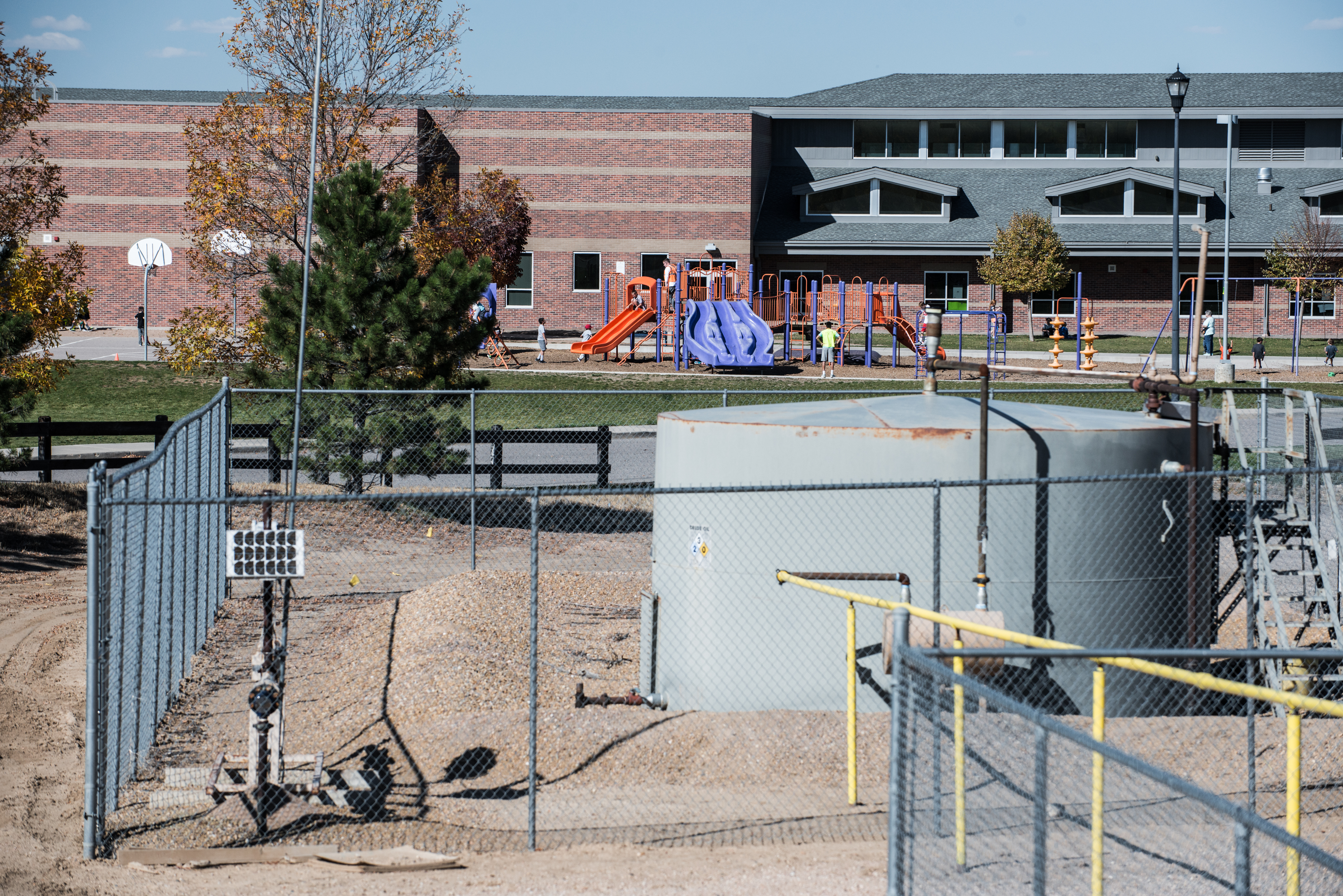
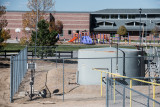
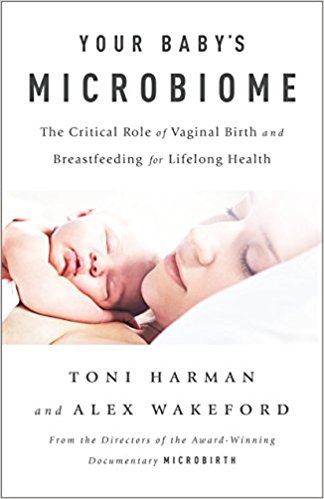
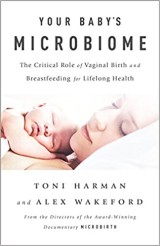 Your Baby’s Microbiome (start time 6:13): This week on How on Earth Beth Bennett interviews Toni Harmon, author of
Your Baby’s Microbiome (start time 6:13): This week on How on Earth Beth Bennett interviews Toni Harmon, author of 
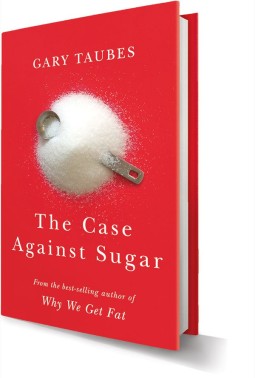
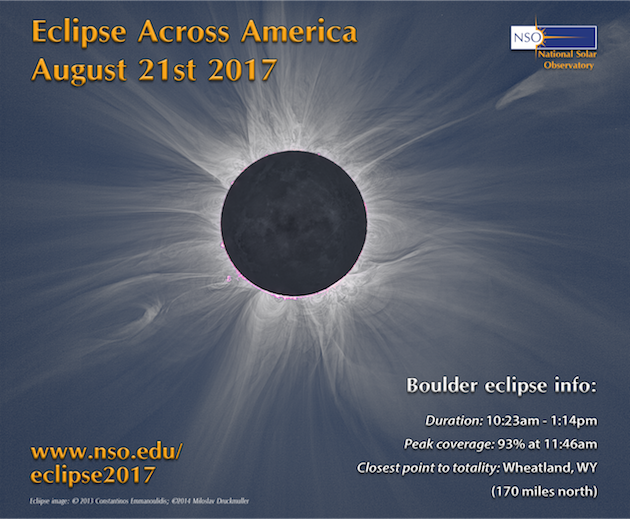
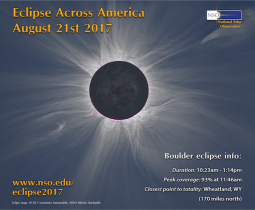
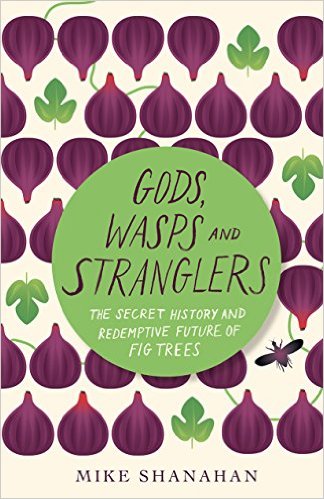
 Today’s feature has How on Earth’s Beth Bennett talking with Dr. Mike Shanahan, a biologist who has a degree in rainforest ecology. He has lived in a national park in Borneo, bred endangered penguins, and investigated illegal bear farms. His writing has appeared in
Today’s feature has How on Earth’s Beth Bennett talking with Dr. Mike Shanahan, a biologist who has a degree in rainforest ecology. He has lived in a national park in Borneo, bred endangered penguins, and investigated illegal bear farms. His writing has appeared in 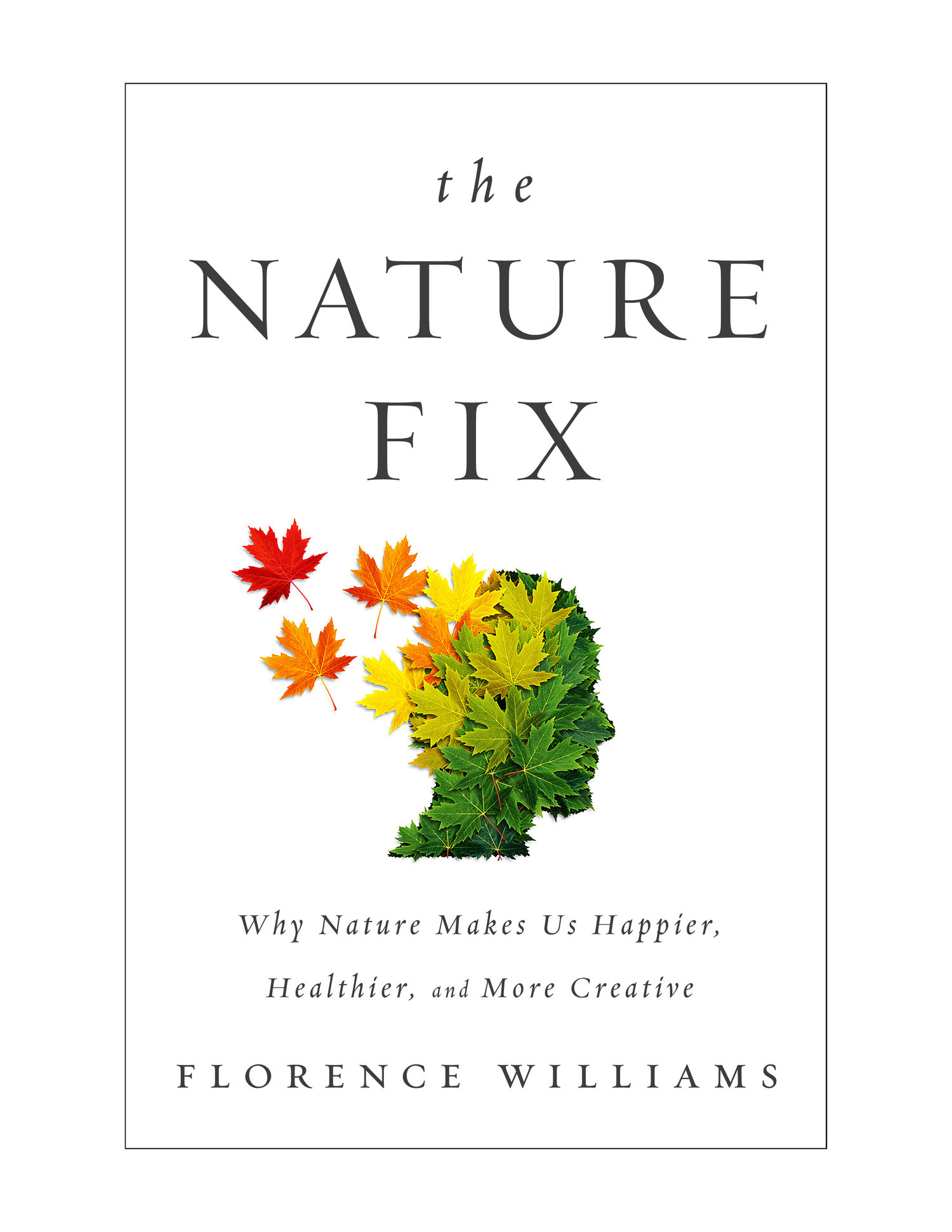
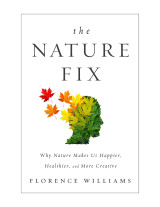 Your Brain on Nature (start time: 5:49): You may think it’s a no-brainer: that nature is good for your mental and physical health. After all, a walk in the woods or even an urban park brightens your outlook on life, at least for a little while. Turns out, the notion that being outside in nature boosts our mood, and even our creativity, has historical roots at least as deep as
Your Brain on Nature (start time: 5:49): You may think it’s a no-brainer: that nature is good for your mental and physical health. After all, a walk in the woods or even an urban park brightens your outlook on life, at least for a little while. Turns out, the notion that being outside in nature boosts our mood, and even our creativity, has historical roots at least as deep as 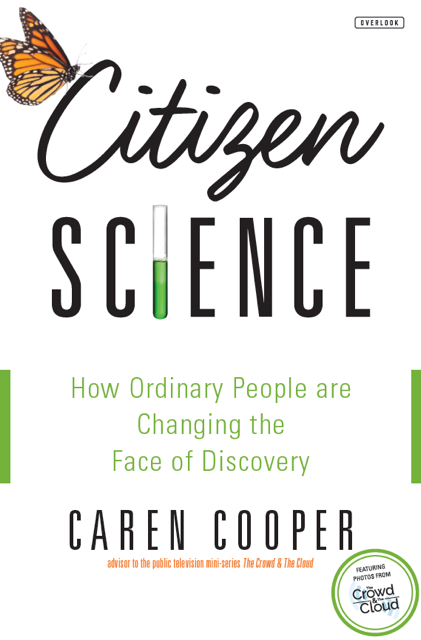
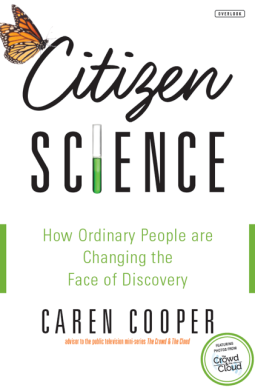 Citizen Science (start time: 5:32): For those who would love to track birds and other creatures or to test drinking water quality in their community, for instance, but think it would require a degree in science to contribute to important scientific discoveries, our guest today aims to set the record straight.
Citizen Science (start time: 5:32): For those who would love to track birds and other creatures or to test drinking water quality in their community, for instance, but think it would require a degree in science to contribute to important scientific discoveries, our guest today aims to set the record straight. 